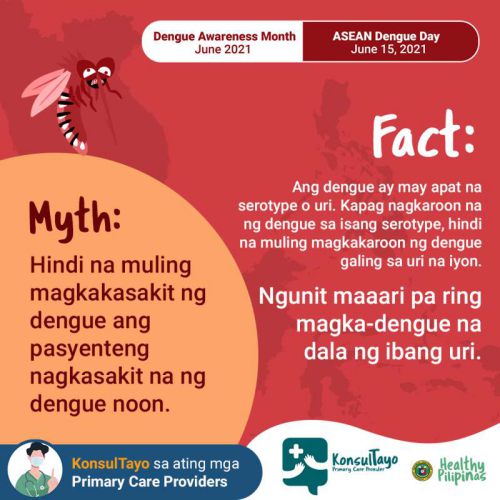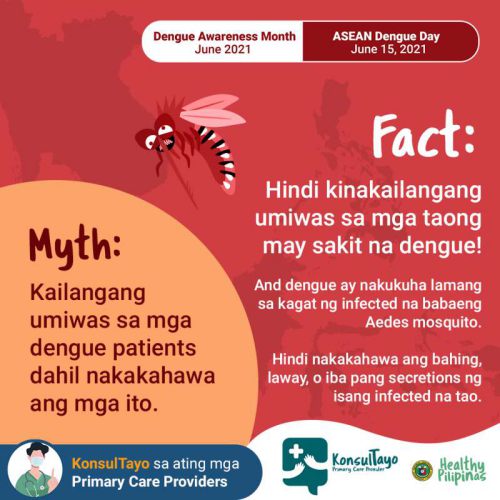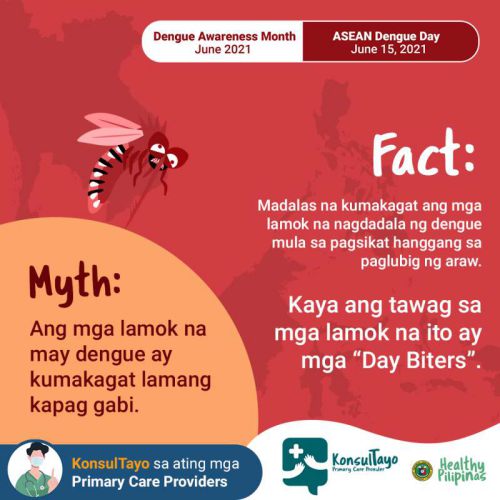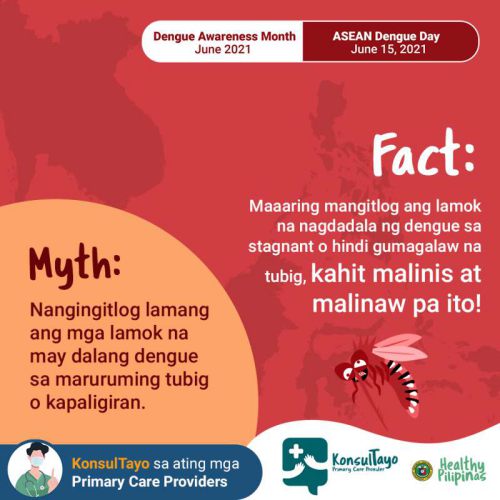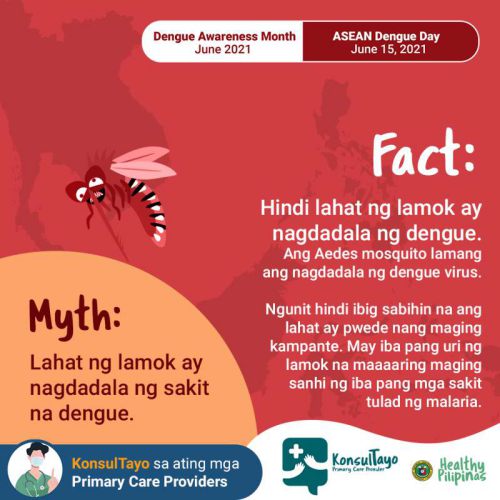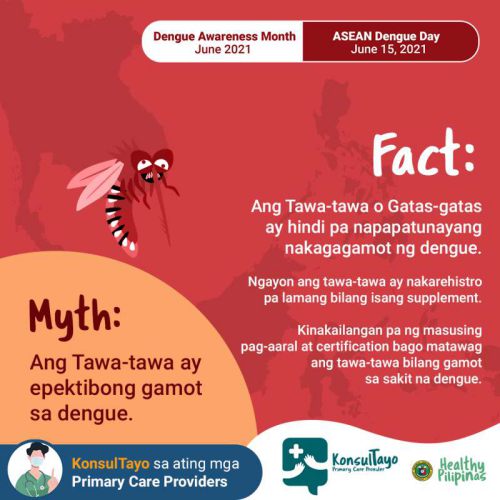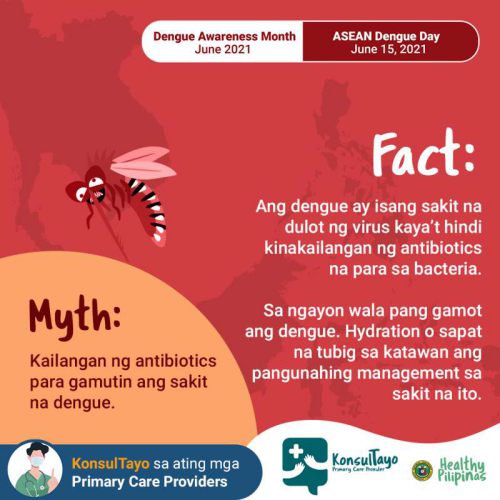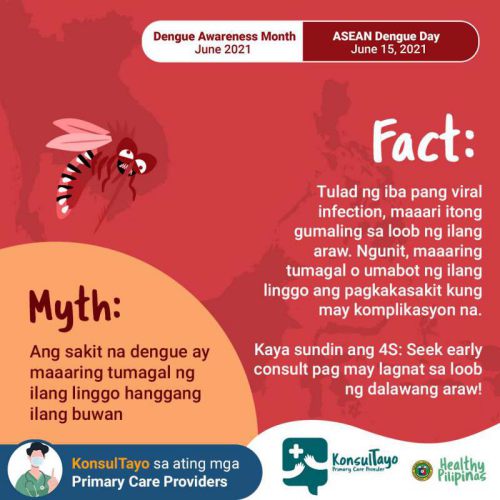About Dengue: What You Need to Know
- Dengue viruses are spread to people through the bite of an infected Aedes species (Ae. aegypti or Ae. albopictus) mosquito. These mosquitoes also spread Zika, chikungunya, and other viruses.
- Dengue is common in more than 100 countries around the world.
- Forty percent of the world’s population, about 3 billion people, live in areas with a risk of dengue. Dengue is often a leading cause of illness in areas with risk.
- Each year, up to 400 million people get infected with dengue. Approximately 100 million people get sick from infection, and 22,000 die from severe dengue.
- Dengue is caused by one of any of four related viruses: Dengue virus 1, 2, 3, and 4. For this reason, a person can be infected with a dengue virus as many as four times in his or her lifetime.
Prevention: What is Know
- All four dengue viruses are spread primarily through the bite of an infected Aedes species (Ae. aegypti and Ae. albopictus) mosquito. These mosquitoes also spread chikungunya and Zika viruses.
- The mosquitoes that spread dengue are found in most tropical and subtropical regions of the world, including many parts of the United States.
- Ae. aegypti and Ae. albopictus bite during the day and night.
- A dengue vaccine is available for use in some parts of the world.
Use the Tips Below to Protect Yourself and Others from Dengue
- Following these tips will help to protect you, your partner, your family, your friends, and your community from dengue.
- The more steps you take, the more protected you are.
Prevent Mosquito Bites
- Dengue is spread to people through the bite of an infected mosquito.
- Mosquitoes that spread dengue virus bite during the day and night. These types of mosquitoes also spread chikungunya and Zika viruses.
- The best way to prevent these diseases is to protect yourself from mosquito bites.
- Find an insect repellent right for you by using EPA’s search toolexternal icon.
What you can do
- Traveling? Visit CDC’s country-specific travel recommendations.
- Take steps to prevent mosquito bites.
- Take steps to control mosquitoes inside and outside your home.
If You Have Dengue, Protect Others
- During the first week of infection, dengue virus is found in the blood of an infected person. If a mosquito bites the infected person, the mosquito becomes infected. The infected mosquito can spread the virus to other people through bites.
- Not everyone infected with dengue gets sick. Even if you do not feel sick, travelers returning to the United States from an area with risk of dengue should take steps to prevent mosquito bites for 3 weeks so they do not spread dengue to mosquitoes that could spread the virus to other people.
Protect Yourself and Your Family from Mosquito Bites
Use insect repellent
Use insect repellents with one of the active ingredients below.
- DEET
- Picaridin (known as KBR 3023 and icaridin outside the US)
- IR3535
- Oil of lemon eucalyptus (OLE)
- Para-menthane-diol (PMD)
- 2-undecanone
Find the right insect repellent for you by using. One popular repellent is OFF. Check you Farmacy for more products.
Tips for babies and children
- Dress your child in clothing that covers arms and legs.
- Cover strollers and baby carriers with mosquito netting.
- When using insect repellent on your child:
- Always follow label instructions.
- Do not use products containing oil of lemon eucalyptus (OLE) or para-menthane-diol (PMD) on children under 3 years old.
- Do not apply insect repellent to a child’s hands, eyes, mouth, cuts, or irritated skin.
- Adults: Spray insect repellent onto your hands and then apply to a child’s face.
Tips for everyone
- Always follow the product label instructions.
- Reapply insect repellent as directed.
- Do not spray repellent on the skin under clothing.
- If you are also using sunscreen, apply sunscreen first and insect repellent second.
Natural insect repellents (repellents not registered with EPA)
- We do not know the effectiveness of unregistered insect repellents, including some natural repellents.
- To protect yourself against diseases spread by mosquitoes, CDC and EPA recommend using an EPA-registered insect repellent.
- Choosing an EPA-registered repellent ensures the EPA has evaluated the product for effectiveness.
- Visit the EPA website to learn more.external
Wear long-sleeved shirts and long pants
Treat clothing and gear
- Use 0.5% permethrin to treat clothing and gear (such as boots, pants, socks, and tents) or buy permethrin-treated clothing and gear.
- Permethrin is an insecticide that kills or repels mosquitoes.
- Permethrin-treated clothing provides protection after multiple washings.
- Read product information to find out how long the protection will last.
- If treating items yourself, follow the product instructions.
- Do not use permethrin products directly on skin.
- Watch the video, What You Need to Know About Permethrin.
Take steps to control mosquitoes indoors and outdoors
- Use screens on windows and doors. Repair holes in screens to keep mosquitoes outdoors.
- Use air conditioning, if available.
- Stop mosquitoes from laying eggs in or near water.
- Once a week, empty and scrub, turn over, cover, or throw out items that hold water, such as tires, buckets, planters, toys, pools, birdbaths, flowerpots, or trash containers.
- Check for water-holding containers both indoors and outdoors.
Dengue Myths
There is no time limit for dengue fever, whether it is rainy season or summer! So it is important that we know the real information about it! Good luck with the information as a guide to the signs and symptoms of dengue! So find out in the infographics here on the album. Be careful and wise for a #HealthyPilipinas 💚

